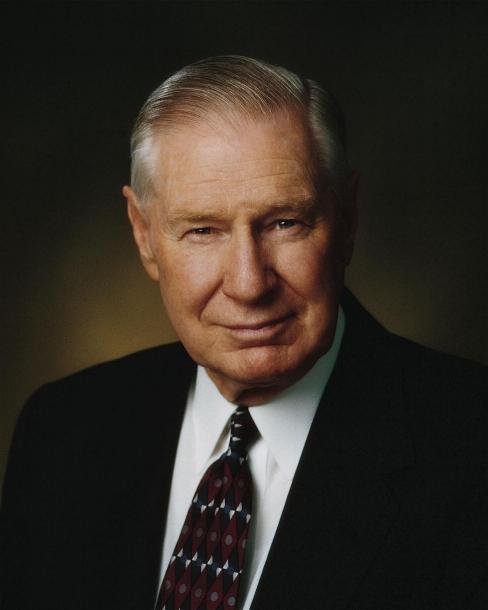Neurologist
Duties and Responsibilities:
People
in this field practice the area of medicine that relates to the nervous system.
Besides the nervous system they treat the brain and spinal cord. Patients refer
to this physician for a diagnosis. Neurologists may further refine their
practice by developing an interest in and reputation regarding the treatment of
conditions in a niche area of neurology. These include stroke, epilepsy, pain
management, sleep medicine, Parkinson's Disease, and Alzheimer's disease.
Salary:
$202,392-$356,885
Education:
Candidates
must complete a four-year undergraduate degree, a four-year medical school
program, a one-year internship, and three years of residency providing
specialty training in neurology. To secure state licensing, candidates must
also pass written and practical competency exams.
I
would like a career in this because it has a very high pay wage for most
people.





